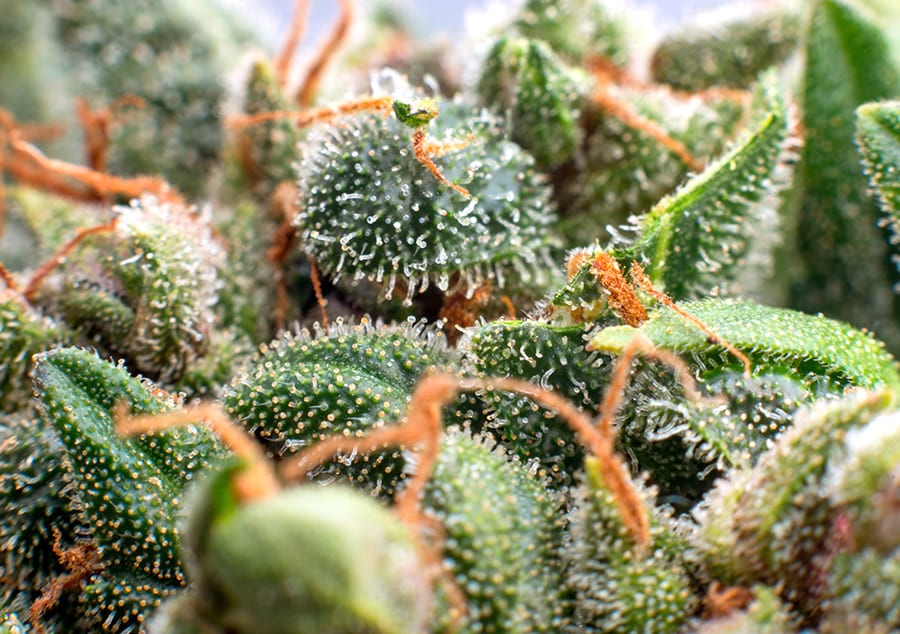Governor Gavin Newsom has until September 30 to decide on three significant marijuana-related bills that could reshape the state’s marijuana industry.

If the governor does not sign the three bills into law, or veto them, by September 30, they will automatically become law. To this date, neither Governor Newsom or anyone within his campaign has indicated what actions he will take.
The three bills include:
Assembly Bill 1111
This measure would allow licensed marijuana growers to sell their products directly to consumers at farmers markets. Sponsored by Assemblymember Gail Pellerin (D), AB 1111 authorizes the Department of Cannabis Control (DCC) to issue temporary event licenses, permitting on-site cannabis sales and consumption in approved venues. The bill is particularly supportive of small-scale producers, limiting eligibility to those cultivating no more than one acre or a specific square footage under varying license types. The measure, which includes amendments from the Senate Appropriations Committee, is set to take effect on January 1, 2026, if it becomes law.
Assembly Bill 1775
This legislation would legalize Amsterdam-style marijuana cafés in California. The proposal would enable local jurisdictions to allow licensed cannabis retailers and microbusinesses to prepare and sell non-cannabis food and beverages in areas designated for cannabis consumption. The bill also allows these establishments to host live musical or other performances. This would be a departure from current law, which only permits the sale of prepackaged food and beverages in cannabis lounges.
Senate Bill 1064
Introduced by Senator John Laird (D), this bill aims to simplify the regulatory framework for cannabis businesses by allowing multiple activities under a single license. Currently, businesses must apply for separate licenses for each activity, such as retail, cultivation, and distribution. SB 1064 would enable a “combined activities license,” reducing administrative burdens and eliminating the need to consider “excessive concentration” of cannabis businesses in a particular area when granting licenses. The bill also streamlines the application process for business owners who have previously submitted fingerprint images and other required information to the Department of Justice.






